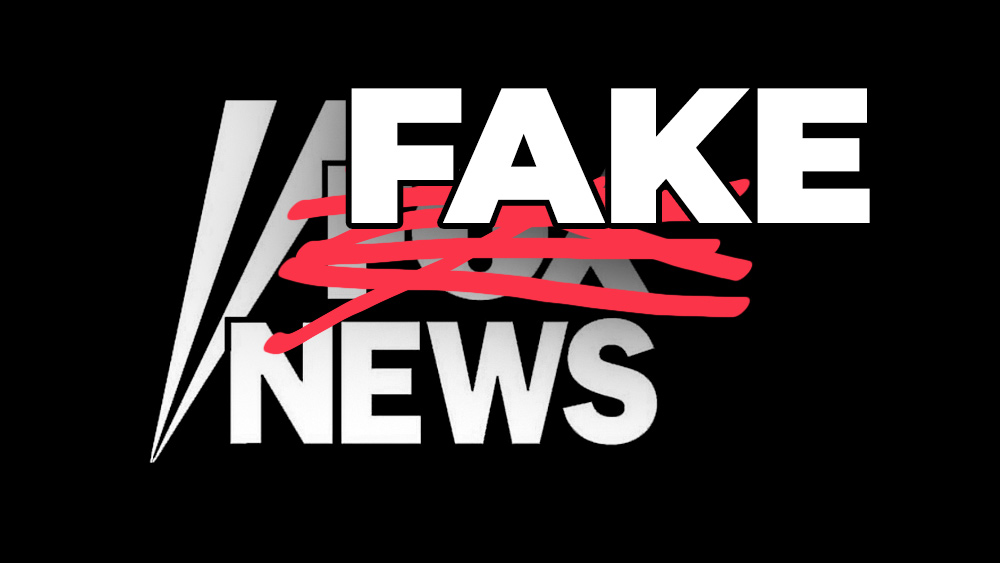Zoom executive suppressed online meetings at China’s behest
12/27/2020 / By Franz Walker

The Department of Justice charged on Friday, Dec. 18, a former Zoom security executive in China for the alleged censorship of Chinese dissidents.
Xinjian “Julien” Jin worked as a liaison for law enforcement and intelligence agencies in China for a California-based telecommunications company, according to a criminal complaint lodged by the Federal Bureau of Investigation that was unsealed in a federal court in New York City.
While prosecutors did not immediately identify Jin’s employer, Zoom confirmed Friday that he had worked for them before he was fired for violating company policies. A spokesperson or the company also added that it had complied and cooperated with federal investigators and that it had launched its own probe within the company.
Jin censored calls related to Tiananmen massacre
The federal complaint alleges that, when he was still at Zoom, Jin monitored the company’s service for discussions related to political topics considered to be unacceptable by the Chinese Communist Party (CCP).
Jin allegedly offered Chinese government officials the names, email addresses and other personal information of users on the platform, even of those outside China.
In addition, Jin has also been accused of ending t least four video call meetings in May and June for U.S.- based dissidents who survived the 1989 massacre of pro-democracy activists in Beijing’s Tiananmen Square.
Beijing has historically attempted to block or censor any acknowledgment of the massacre online. That said, Zoom is a U.S.-based company headquartered in San Jose, Calif.
In an updated statement on the company’s webpage, Zoom said that it “fell short” by ending the calls pertaining to the Tiananmen Square massacre rather than simply blocking access to participants in China in order to abide by the latter’s laws.
A company spokesman said that Jin had only shared “a limited amount of individual user data with Chinese authorities” and additional information on around 10 users based outside China.
“As the DOJ makes clear, every American company, including Zoom and our industry peers, faces challenges when doing business in China,” the company said in its statement. “We will continue to act aggressively to anticipate and combat ever-evolving data security challenges.”
Jin currently resides in China and is not in federal custody. Officials say that he could be extradited to the U.S. to face prosecution if he travels to a country with an extradition treaty with the United States.
Case highlights Chinese infiltration of Western companies
Jin’s case is the latest in a U.S. crackdown on Chinese agents in the West.
In September, a New York City Police officer was charged by prosecutors in Brooklyn with spying on ethnic-Tibetans for China. Meanwhile, in October, eight people were charged with acting as illegal agents of China. The eight were involved in a campaign aimed at pressuring dissidents to return to their home country.
Jin’s case has also revealed what, Seth DuCharme, acting U.S. Attorney has called a “Faustian bargain” that the Chinese government strikes with U.S. technology companies looking to do business within the country. This is on top of the “insider threat” that these companies face with employees from China who have loyalties to the CCP.
The sheer scale in which these CCP members have infiltrated western companies and other institutions recently came to light after a list of all of these agents was leaked to the Australian press.
The leaked list shows that there are now over 1.95 million CCP members in 79,000 party branches that have been set up inside all over companies not just in the U.S., but all over the world.
Efforts being conducted by the U.S. to weed out these agents and hold them responsible, such as charging Jin, are just the first step in the long road towards fighting China’s attempts to influence and steal intellectual property for itself. (Related: Over 1,000 Chinese researchers have fled the US since federal crackdown on technological and economic espionage.)
Follow CommunistChina.news for more on China’s espionage activities in the West.
Sources include:
Submit a correction >>
Tagged Under:
Censorship, China, communism, crime, cyber war, DOJ, FBI, Glitch, information technology, obey, surveillance, Tiananmen Square, video conferencing, zoom
This article may contain statements that reflect the opinion of the author
RECENT NEWS & ARTICLES
COPYRIGHT © 2017 CENSORSHIP NEWS




















